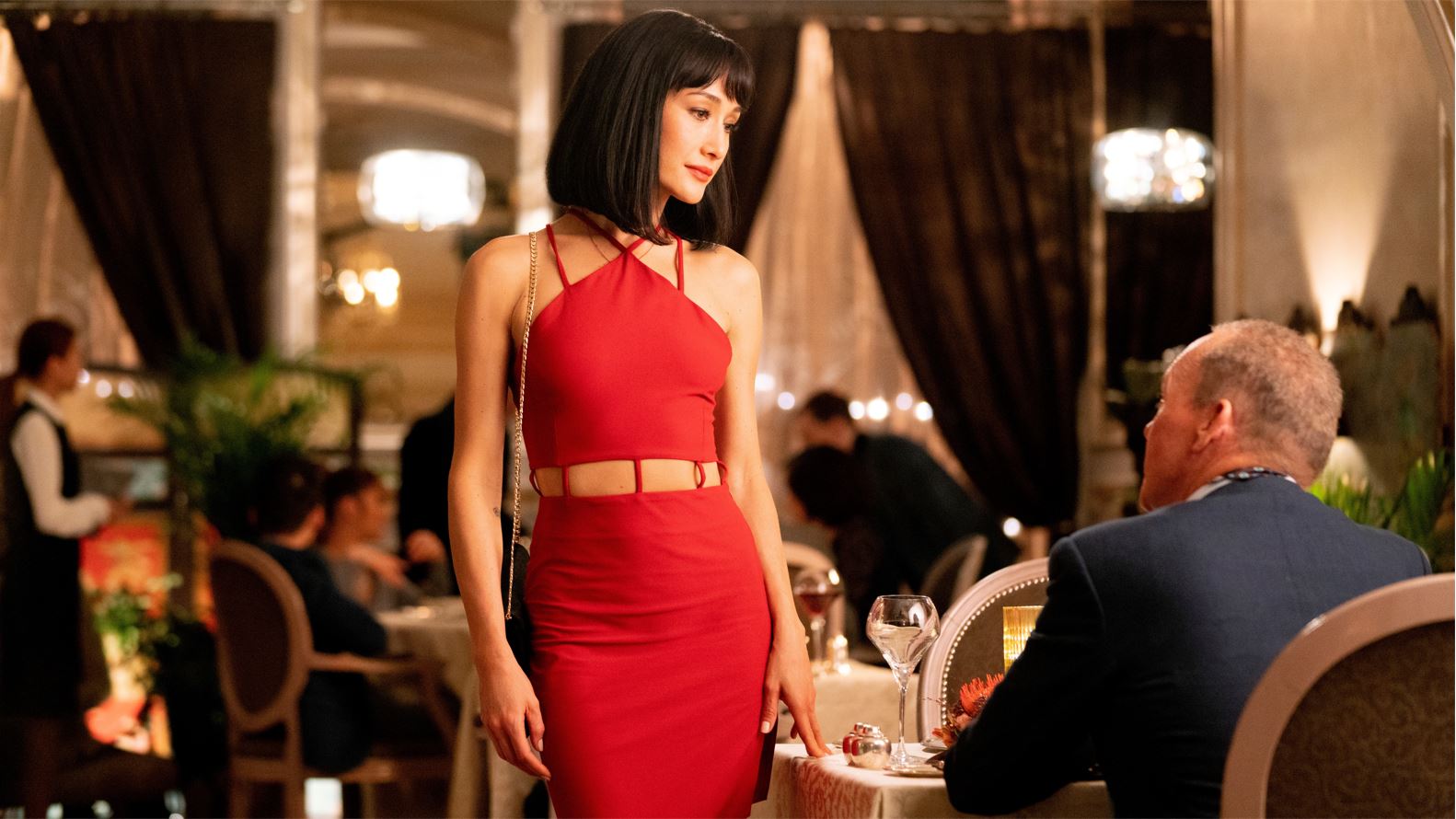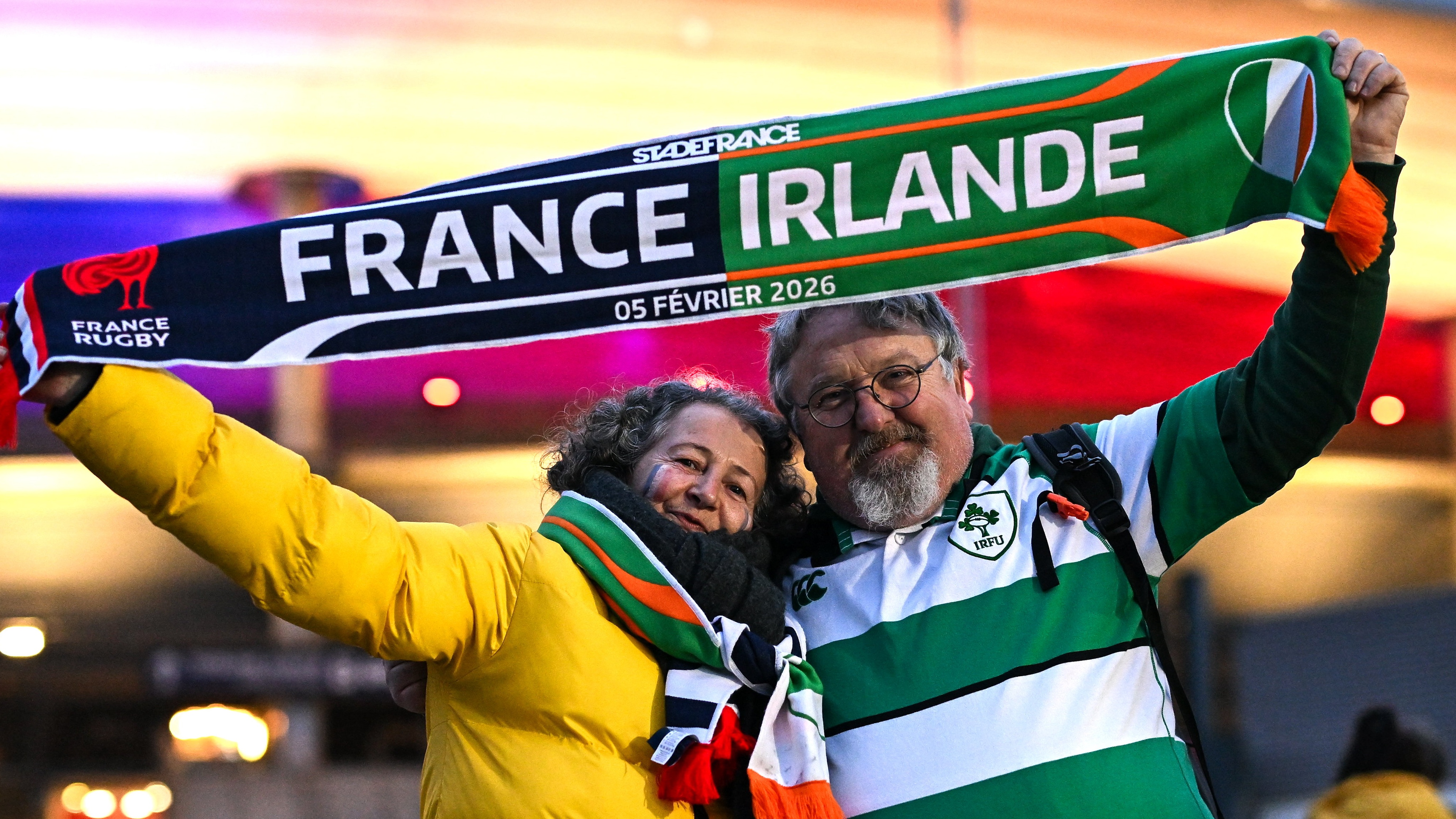What to Watch Verdict
Leave your brain at the door, because 'The Protégé' isn’t going to teach you a damn thing.
Pros
- +
✖️ Very entertaining banter, especially from Maggie Q and Samuel L. Jackson.
- +
✖️ Brutal, grounded fight choreography that makes an impact.
Cons
- -
✖️ The plot loses the thread as both a revenge story and a mystery, making the back half feel strangely unmotivated.
- -
✖️ Michael Keaton feels miscast as Maggie Q's romantic interest.
The Protégé is almost exactly the sort of film that it doesn’t seem we get enough of these days. There’s something completely unpretentious about Casino Royale director Martin Campbell’s latest stab at mid-budget action fare. No superhuman heightening of the action. No hyper-stylized ambitions toward being the next John Wick. Instead, The Protégé almost feels like it could have been pulled out of the 1990s or early 2000s for all its emphasis on charisma-driven comedy to complement no holds barred takedowns and bloody gun battles. This makes for a surprisingly refreshing experience, to the point where it’s almost good enough to distract from the ways in which the film obviously, bafflingly falls short of the mark.
Titular assassin Anna (Maggie Q) owes everything to her mentor Moody (Samuel L. Jackson), who saved her from homelessness as a child in Vietnam after her family was murdered. However, Moody’s not getting any younger and is preparing to get out of the game, resting on his laurels as he asks Anna to track down one last target: not to kill, just to find. After a solid first act of banter that gives us a sly and sarcastic feel for the duo’s dynamic, Anna’s investigation draws unwanted attention that results in her finding Moody's body dead in his bathtub. This spurns her on a path of revenge in a return to her country of origin, begging the question of who exactly Moody provoked with his search and why that person would want him dead.
It’s a compelling mystery that drives the first half of the film, punctuated with pithy quips and bloody, brutal violence. There’s a snappiness to proceedings that pushes the film along at a nice clip, and its continually and comically entertaining while still delivering on its promise of hand-to-hand combat and furniture-shattering stunt work. Even scenes of intense torture resolve with catharsis and a return to smirking status quo. In that respect, The Protégé never fails to deliver, never elevating to the heights of larger-than-life spectacle but maintaining an impressive sense of physicality that’s just shy of a wink, but almost never lacking for a smile.
It’s unfortunate then that the film loses track of its own plot somewhere around the midpoint, shifting from a revenge thriller to a sort of romantic tug-and-pull between Anna and rival fixer Rembrandt (Michael Keaton, laying on the charm but seemingly too old to be playing this part; Keaton is much closer in age to father figure Jackson than Maggie Q). The will-they won’t-they kiss/kill each other dynamic between the pair is entertaining in its own right, but it marks a change in the film’s priorities, with revenge taking a backseat to love games at the expense of growing tension and narrative cohesion. At one point, Anna discovers the identity of her ultimate target, Rembrandt’s employer, off-screen, but the audience isn’t given the pieces to coherently follow her actions or thought process until much later in the film. That’s a narrative choice clearly intended to build intrigue, but it only ends up muddying the stakes and diluting Anna’s motivation, especially as the film starts piling on twists that only further cement the ultimate antagonist as an amorphous bad guy instead of someone tangibly worth taking down. There is an attempt to backfill this necessary information in a climactic scene, but it doesn’t make up for the experience of watching scenes that feel completely unmotivated in the moment.
Furthermore, the emphasis on Anna’s origins in Vietnam is strangely prominent as backstories go. The details of her childhood don’t hold much relevance to the plot outside her relationship with Moody, which is established in the opening scene, so the fact that the third act has multiple extended flashbacks to give Anna an origin story seems present only with hopes to set up an unnecessary franchise mythology. It’s a clunky addition to a plot that already obscures too much of its fairly straightforward mystery story for its own good, and it’s frankly shocking that more of it didn’t end up on the cutting room floor.
Still, The Protégé qualifies as a film that works much better than it should. Individual scenes buzz with chemistry and humor, with crunchy collisions of flesh and bone leaving bloody smears on ornate furnishings and fixtures. It’s almost enough to make you forget that you’re supposed to care about getting revenge for Moody, or that the movie hasn't fully explained who its villain is, or that Michael Keaton feels like he dropped in from a different movie entirely to steal Maggie Q away from her own. That’s all okay because, somehow, implausibly, you’re still having fun in the here and now. Leave your brain at the door; The Protégé isn’t going to teach you a damn thing.
The latest updates, reviews and unmissable series to watch and more!
Leigh Monson has been a professional film critic and writer for six years, with bylines at Birth.Movies.Death., SlashFilm and Polygon. Attorney by day, cinephile by night and delicious snack by mid-afternoon, Leigh loves queer cinema and deconstructing genre tropes. If you like insights into recent films and love stupid puns, you can follow them on Twitter.


